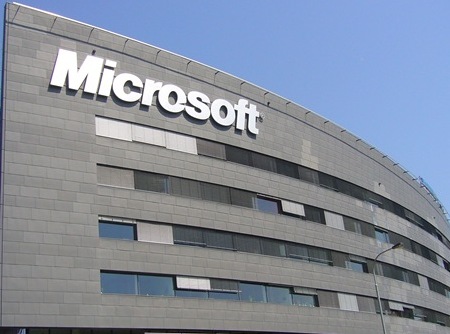  Bing, Microsoft Corp.’s search engine, is launching a national campaign to highlight Bing’s commitment to honest search results and to help explain to consumers the risks of Google Shopping’s newly announced “pay-to-rank” practice, in which the shopping search results customers see are not true search results such as they see elsewhere on Google; they are actually ads that are ranked, in part, by who pays the most.
Microsoft said that instead of showing one the most relevant shopping search results for the latest coffee maker you’re looking to buy mom, Google’s new redesigned shopping vertical now decides what to show you and how prominently to display what product offers they show based partially on how much a merchant selling the product has paid Google. Merchants can literally pay to improve their chances to display their product offers higher than others inside of Google’s shopping “search,” even if it’s not necessarily better or cheaper. That’s not right, it’s not transparent, it’s not what you expect from search, and it’s not how we at Bing think search engines should help consumers get the best prices and selection when shopping.
Bing is also renewing its commitment to the old rules honoring our side of the bargain with shoppers by delivering better, more objectively ranked search results. It said it won’t let who pays us for ads or other services affect what you see in your shopping search results. Search results are one thing; ads are another. “We won’t switch to pay-to-rank to allow fees to influence the ranking of shopping search results. In short, we think that too many shoppers who use Google for their shopping are getting “Scroogled” when they should be getting fair, honest, open search results”.
In recent weeks leading up to Black Friday and Cyber Monday, Google quietly changed its shopping results from “Google Product Search,” which represented fairly comprehensive results for products and merchants across the Web, to a pay-to-rank model called “Product Listing Advertising.” Merchants must now pay Google to be listed in the shopping results, and how much they pay helps determine how they appear in the rankings, so now every “result” is really just an ad. This new policy means consumers are getting Scroogled.
And that’s an issue for shoppers who visit the site they have used for years, conduct what they think is a “search,” and get a set of rankings that look like the objective results Google delivers everywhere else. Meanwhile, the lawyers at Google Shopping are now calling results “listings.” They even call out, nontransparently hidden behind a disclaimer or buried in a footer, “Payment is one of several factors used to rank these results.” Consumers are potentially getting a raw deal because “relevance” is now determined partially by how much Google is getting paid, not by things that matter to shoppers.
Bing, on the other hand, affirms its commitment to honest search. “We don’t let who pays us for ads or other services affect how your search results are ranked,” said Mike Nichols, chief marketing officer, Bing. “Search, as a business, depends on consumer trust, and that requires keeping search results and ads separate. With Google Shopping the wall between search results and ads is gone and so are several popular shopping sites. At Bing, we’re committed to keeping ads where they belong and will continue to deliver the most relevant search results possible.” |